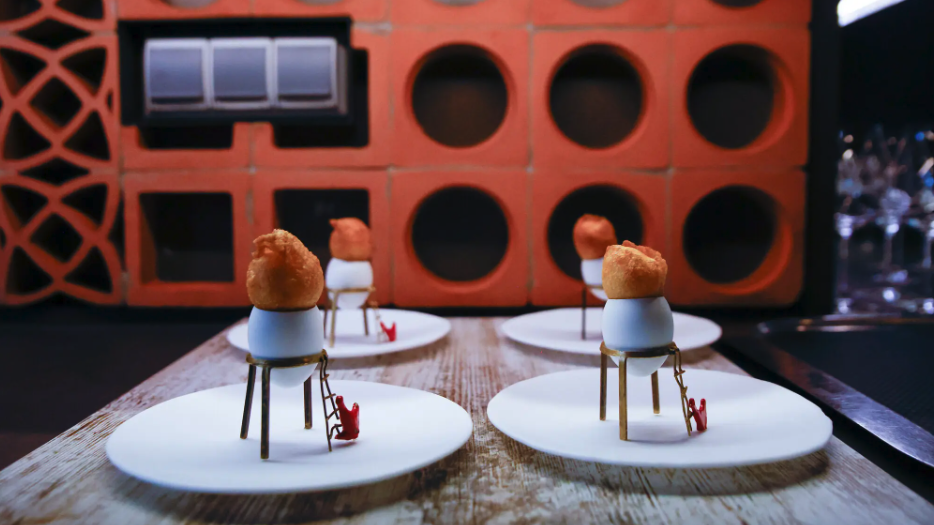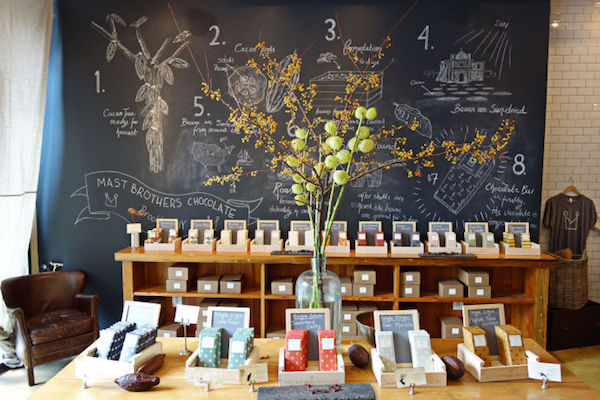If “Fine Dining” is kinda bullshit, what makes restaurants unmissable?

I used to a) live in San Francisco, and b) have more disposable income, no kids, and a taste for dining out. In these, my irresponsible 30’s, I almost certainly overspent on dinners at fancy restaurants. But there’s nice, and then there’s excessive, as Pete Wells ponders in the NY Times, asking, “Are These Really the World’s 50 Best Restaurants?”
Today the list is dominated by tasting-menu restaurants, and every year those menus seem to get longer and more unforgiving. There are more courses than any rational person would choose to eat, and more tastes of more wines than anyone can possibly remember the next day. The spiraling, metastasizing length of these meals seems designed to convince you that there’s just no way a mere 10 or 15 courses could contain all the genius in the kitchen.
One well-traveled diner told me about a recent, four-hour meal at Disfrutar, in Barcelona — No. 1 this year. He said he was “blown away” and at the same time he never wants to go back. “It was an assault, and not fun,” he said.
I have eaten at a few of these, for prices in the high three-digits (I know! It was a wild time!), and some of them have featured dishes that will live forever in my memory. But making this a lifestyle to aspire to as an individual, I’ve come to realize, was a pretty irresponsible way to spend money – even when you have lots of it. And steering an industry’s highest ambitions toward competing over who can best cater to the privileged few who can afford (and endure!) these gastronomic trials seems… pretty nuts?
[Which is why, as an aside, I will also give a strong recommend to 2022’s underrated The Menu with Ralph Fiennes and Emma Stone – a hilarious and freaky thriller that examines this very argument, and would have received its own post had I been writing at the time!]
So…
What’s the worst thing about how we think of fine dining right now?
Is it even ethical or worthwhile to spend that kind of money chasing “experiences” like these?
If these restaurants are in fact kinda bullshit, what’s the right balance to strike between respecting food and people? Who’s doing it right, if not The World’s Best?
